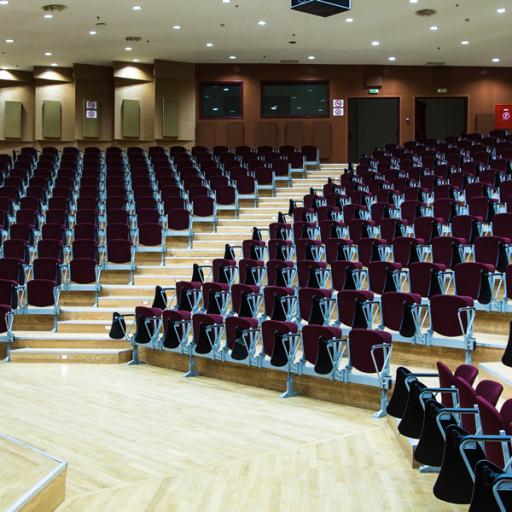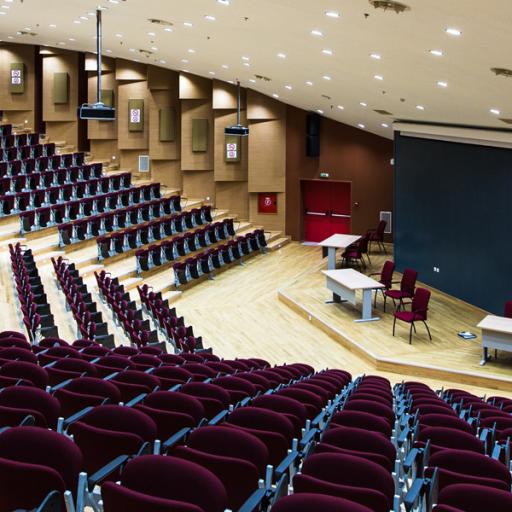I consider an auction in which one bidder is a team, consisting of symmetric individuals for whom the auctioned item is a public good: if the team wins it,
they all enjoy it. Team members need to agree on a bid, and on splitting the burden of payment if they win; these decisions are taken through a mechanism.
If the auction format is second-price, the game has a symmetric equilibrium. Under the first-price and all-pay formats, if there exists an equilibrium, then it
extremely asymmetric: one member participates in the mechanism, everybody else free ride.
Zoom link: https://zoom.us/j/97374751400?pwd=UjZ4cUVaSXZ2bnZUT1BNSVhySFlDQT09







